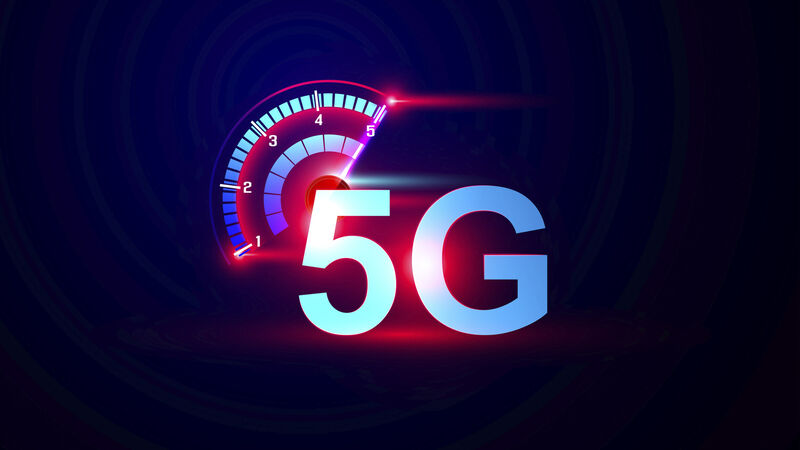John Whelan: Business counts cost of delays to full 5G rollout

The Government looks to 5G to help realise its digital transformation ambitions and to anchor Ireland’s position as a prime destination for international businesses.
Where 3G made a market success of the smartphone and changed forever how we use data on our mobile devices, 5G- the fifth generation- is set to revolutionise data use, increasing the scale, scope and speed of how we communicate and do business. But we are behind the curve in Ireland and the telecom operators here are dragging their heels on some technical aspects of the 5G licence rollout.
The Irish telecoms regulator ComReg has called a halt to the time allowed for operators to the raise queries over allocating the 20-year licences for the rollout of 5G, following a period of consultation.












